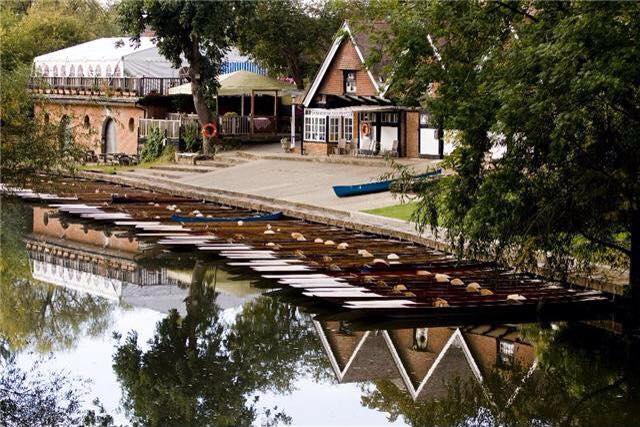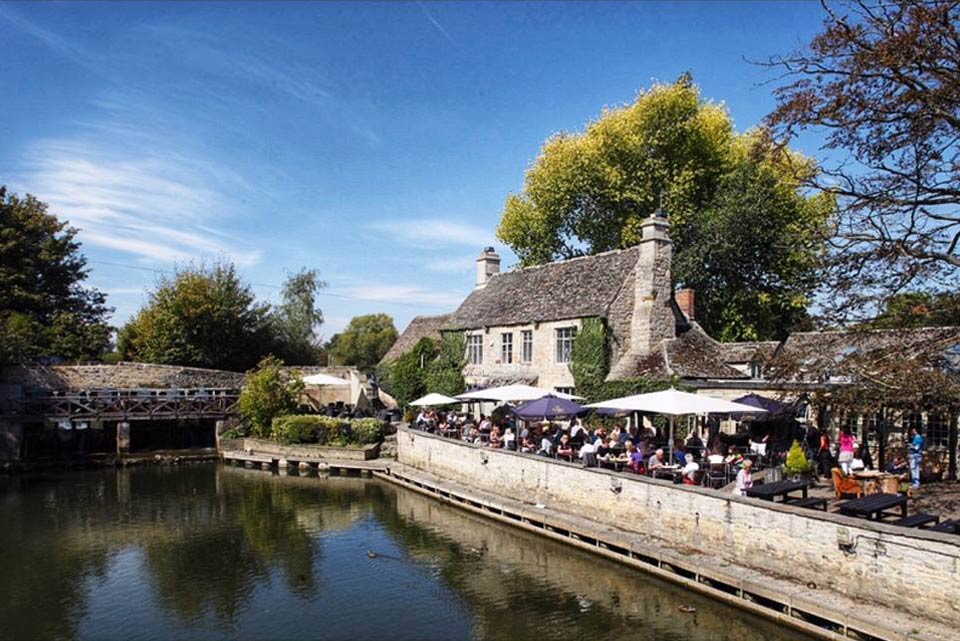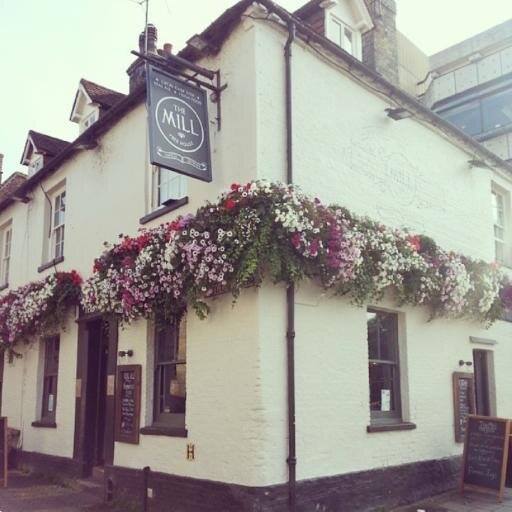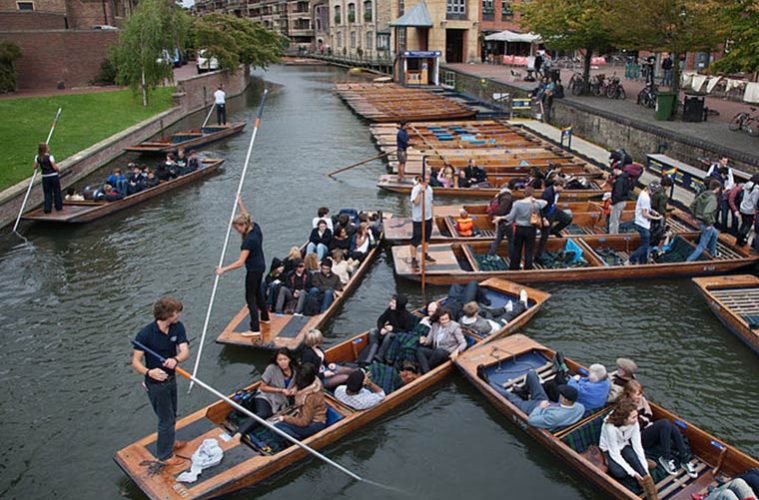There’s something very British about punting.
Flat-bottomed boats with square bows, they’re designed for use in shallow water and the punter (driver) propels the punt by pushing against the river bed. Originally cargo boats or platforms for fishing, now their use is almost exclusively pleasure trips for passengers.
A leisurely and slightly eccentric pastime, pleasure punts gained popularity from the 1860s and the first punting company (Scudamore’s Punting Company) was founded in 1910. Although pleasure punting declined across much of England in the 1950s and ’60s, as motor boat traffic increased, the tourist industry in England has grown and with it, punting popularity.
There are several well-known tourist destinations that have punts offered for fire. The Avon in Bath, the lower Thames near Sunbury and The Stour in Canterbury, Kent. In June 2012, Norwich City Council permitted punting on the River Wensum. But the historical rivalry between England’s most famous university cities, Oxford and Cambridge endures.
This pocket guide compares both cities and leaves you to decide which you prefer.
Punting in Oxford
The prevalence of motor craft on the Thames renders punting less enjoyable, so head to the Isis, to the west of the town, for good conditions, lovely scenery and a goodly choice of pubs.
Punting in Oxford is mostly done on the River Cherwell, which flows through Oxford’s protected green belt before it flows to join the Thames. It’s quiet and rural, passing fields and woods, but the Cherwell is muddy and deep.
Oxford punters punt from inside the boat, rather than from a position at the back, a tradition that dates from before 1880, leaving passengers to trail their fingers in the water as they drift past the University buildings and admire the passing scenery.
Punt season runs from mid-March until mid-October.
Punt with: The Cherwell Boathouse, Oxford’s biggest punt station, with a range of food options including picnics that you can preorder

The Cherwell Boathouse
Eat at: The Trout Inn, Wolvercote, a unique 17th century British pub, which has been featured in some of the Inspector Morse dramas

The Trout Inn
Stay at: The Old Bank Hotel, a row of Grade II and Grade II* properties that have been thoughtfully and carefully restored and developed

The Old Bank Hotel
Punting in Cambridge
Cambridge didn’t get its pleasure punts until the early 1900s but they quickly became the most popular river craft, and the Cam now has more punts than any other river in England. In fact during peak tourist season, the Cam becomes quite congested and collisions can happen between inexperienced punters. The river above the weir, or further upstream, offers a calmer punting experience.
Conditions here are ideal: shallow and gravely river that passes through the heart of the city, and the season is open March to September.
Traditional punting the Cambridge way is to stand on the till (the deck at the back of the boat), a practice that was started in the early 20th century by women from Cambridge’s Girton College anxious to show off their ankles.
Punt with: Scudamore’s, punting since 1910 and Cambridge’s “oldest and friendliest punting company”
Eat at: the iconic 19th century Mill Pub winner of three CAMRA awards including Cambridge Pub of the Year 2015

The Mill Pub Cambridge
Stay at: The Gonville Hotel, dating from 1830 and was originally a house for one of Gonville & Caius College’s Senior Fellows.
Toad of Toad Hall was actually a water vole, but what he said stands: “There’s nothing––absolutely nothing––half so much worth doing as messing about in boats.”



